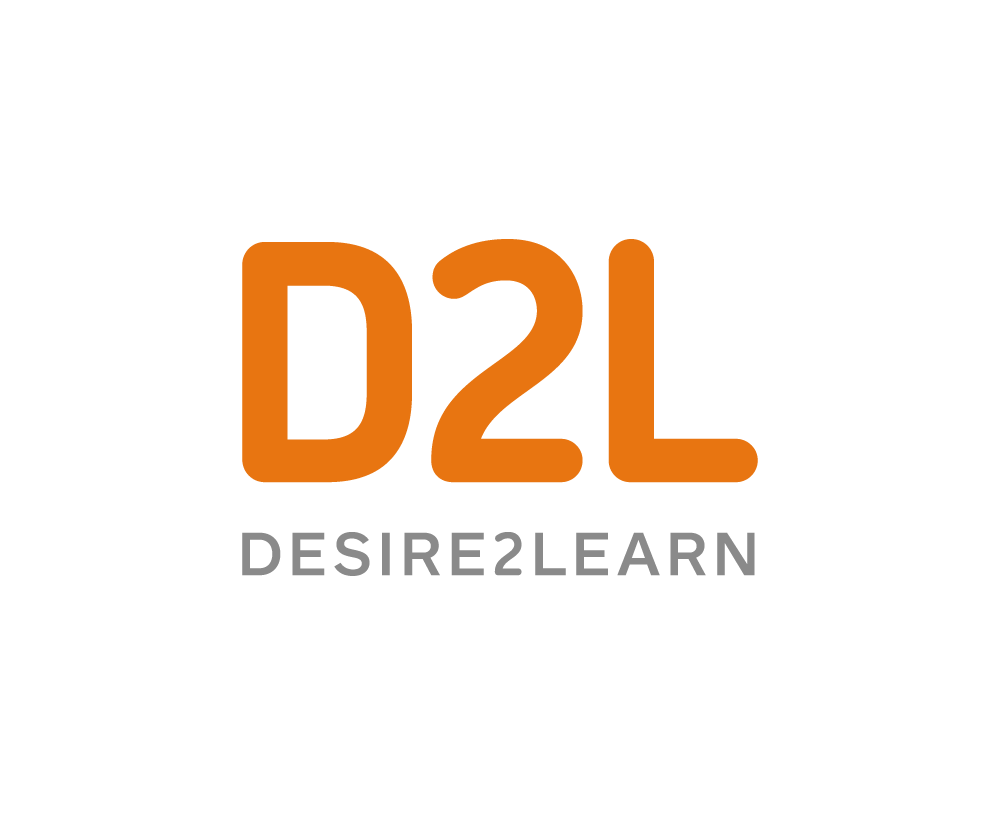Ep. 161: Higher Ed’s Struggling Workforce
Understanding the higher ed work environment and what it means for the future.
Many employers and critics of higher education think many colleges and universities focus too little on ensuring that their graduates thrive after they leave, and favor holding institutions accountable for how their students fare in the job market. That’s unpalatable to a lot of academics, who view a college education as about more than how much you earn.
The guests in this week's episode, Wake Forest University’s Andy Chan and Christine Cruzvergara of Handshake, endorse the view that colleges and universities should be collecting and sharing data about how well they are preparing students for success in the workplace, given that that’s the primary reason many students go to college.
But the set of common metrics they propose colleges use to measure their own performance is broad, and it includes such data as how much institutions expose students to experiential learning in college to graduates’ satisfaction with their jobs once they leave.
Hosted by Inside Higher Ed Co-founder and Editor Doug Lederman.
This episode of The Key is sponsored by D2L.

Follow Us On Apple Podcasts
Understanding the higher ed work environment and what it means for the future.
In the latest episode of Voices of Student Success, Clark University’s inaugural dean of the School of Climate, Environment and Society discusses the need for the program and its goals.
How the political climate and economic uncertainty are increasing the mental health challenges on campuses.
In the latest episode of Voices of Student Success, staff in George Mason University’s department of recreation share how they teach students life skills for future success.
4/5 Articles remaining
this month.